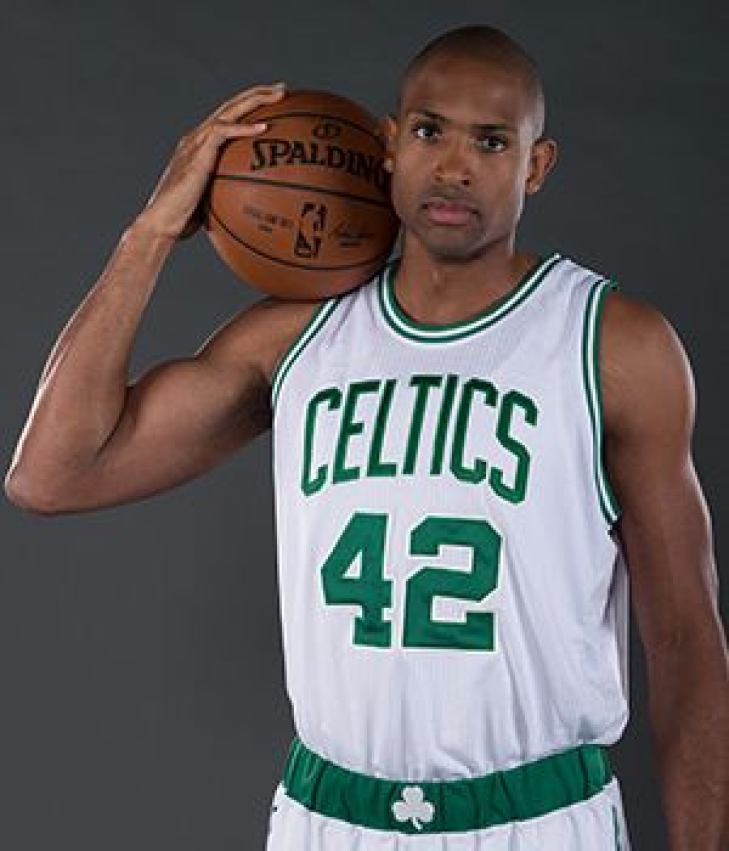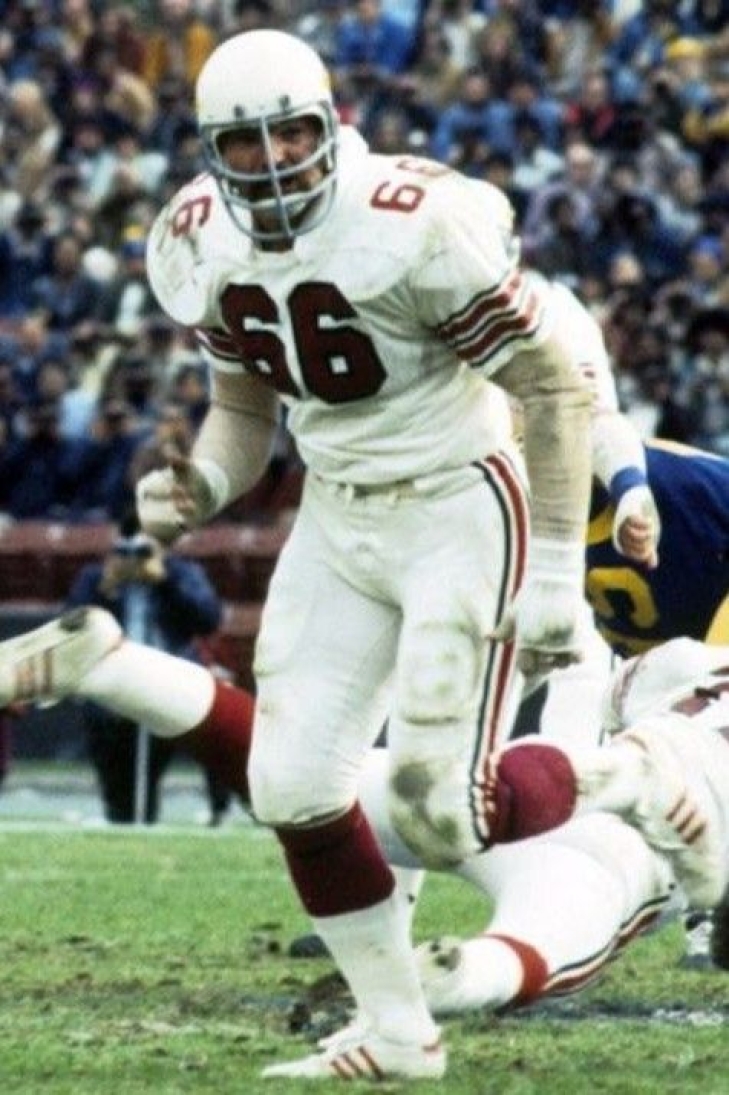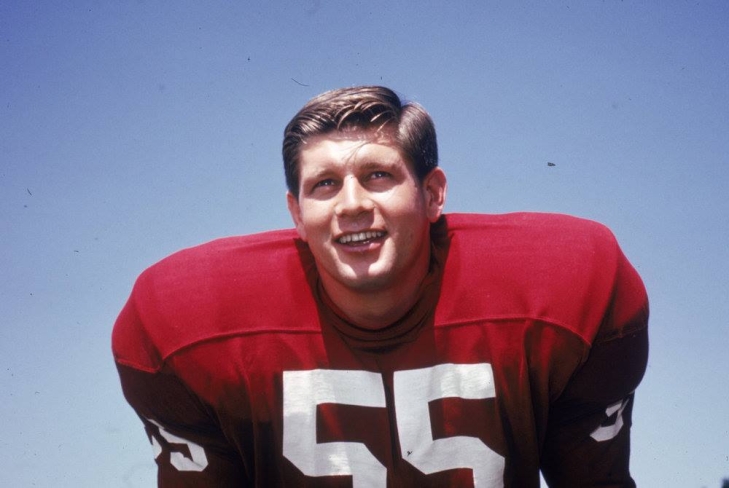
Committee Chairman
18. Al Horford
Four times an All-Star with the Atlanta Hawks, Al Horford signed with the Boston Celtics in 2016 with the hope that this would be the team that would earn him his first NBA Championship. It finally happened in 2024.
In Horford’s first season in Boston, he averaged 14 Points per Game. He was a solid defensive player, helping the Celtics push Cleveland to a seventh game in the Eastern Conference Finals. The year after, Horford added his fifth All-Star selection, won Second Team All-Defensive honors, and helped lead his team to the ECF, where they lost to the Cavaliers. After another solid season in 2018-19, where he averaged 12.6 Points and had a career-best .586 in Effective Shooting Percentage, Horford signed with division rival Philadelphia, but that did not end his story in Boston.
The Celtics reacquired Horford, who was now with Oklahoma City, in a trade before the 2021/22 Season, and though the Center was aging, he was still a valuable starter capable of big moments. Horford and the Celtics reached the 2022 Finals, and though he dipped below 10 Points per Game for the first time in 2022/23, his leadership still helped the Celtics make another deep playoff run.
In 2023-24, Horford started in only half of his games, but even with a reduced role, his veteran presence and defensive skills helped Jayson Tatum and Jaylen Brown win it all, with the trio winning their first NBA Championship. Horford played one more year with Boston before leaving for Golden State as a Free Agent.
48. Conrad Dobler
There was a time when Sports Illustrated mattered, and in one of their weekly publications, they named Conrad Dobler "Pro Football's Dirtiest Player."
Dobler was more infamous than he was good, but that should not take away from his skills as an Offensive Guard. A Pro Bowler three years in a row from 1975 to 1977, the vicious Lineman was a Second Team All-Pro in 1977. The Cardinals were not great when Dobler played there, but his tenacity and anger were factored into their opponent's game plans.
50. Irv Goode
Irv Goode was a beast at the University of Kentucky, which led to his high selection by the St. Louis Cardinals, who nabbed him 12th Overall in 1961. Goode accomplished a rare feat as a rookie, earning Rookie of the Year votes (4th), and though St. Louis was not impressive in the 1960s, the versatile lineman (he played at Left Tackle, Left Guard, and Center) won Pro Bowl honors in both 1964 and 1967.
He would later win a Super Bowl in a reserve capacity with the Miami Dolphins at SB VIII.
47. Freddie Joe Nunn
A First Round Pick from Mississippi, Freddie Joe Nunn seemed to bounce from Defensive End to Linebacker depending on the need in his first nine years in the NFL as a Cardinal.
A really good player but never was named a Pro Bowler or All-Pro, Nunn was at his best as a pass rusher, as shown by his 14-Sack year in 1988, the first year of the Cards' relocation to the desert. Had Nunn received a more defined and consistent role with the Cardinals and not endured legal issues (he was arrested multiple times), his profile in Cardinal history would be more significant. It also did not help that the St. Louis/Phoenix were hardly world-beaters when he played there. After nine seasons, Nunn departed for the Colts, where he played three years to close out his career.
Following Nunn's departure, he had the franchise record 66.5 Sacks, a record that stood until it was broken by Chandler Jones in 2021.





